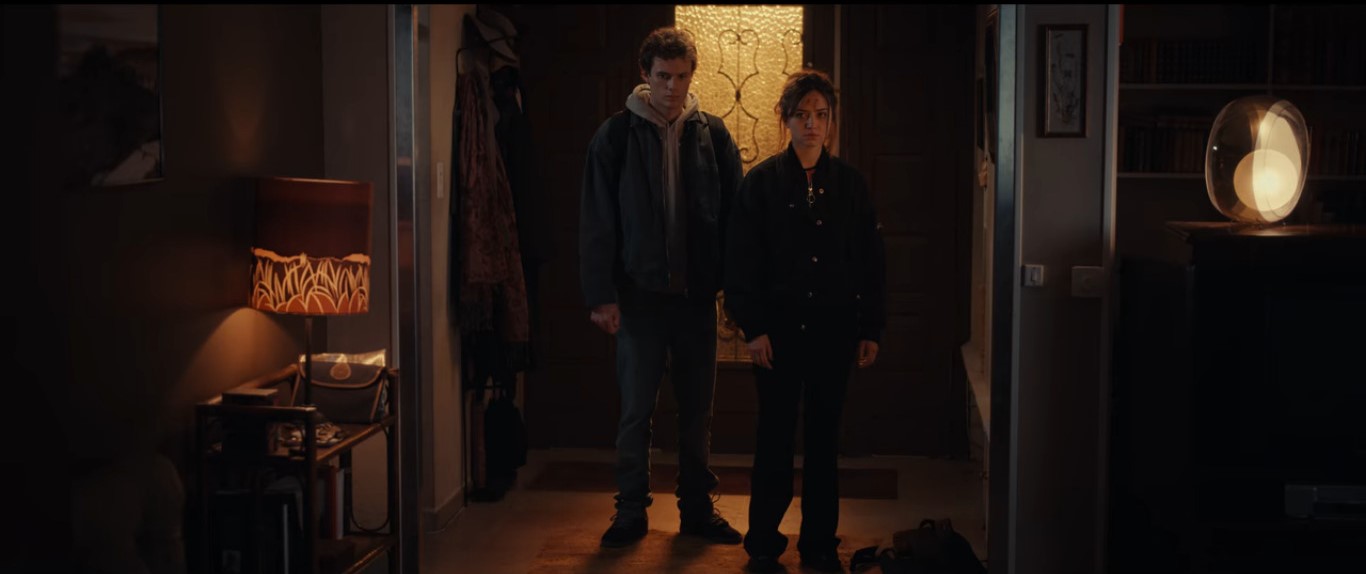Originally titled ‘Le Patient,’ Netflix’s ‘The Lost Patient’ is a French mystery film about Thomas, a 19-year-old boy who wakes up after being in a coma for three years, not remembering how he ended up in the hospital. Psychologist Anna Kieffer informs him that his family was murdered, his sister is missing, and he is the only survivor. Thus, to find out what happened, she and Thomas go down a path where dark revelations await them.
The film is an intriguing thriller directed by Christophe Charrier and explores profound psychological concepts. The narrative engages the audience until the end, and the revelation leaves them dumbfounded. Moreover, Thomas’ character arc involves several facets akin to real-life amnesia cases and makes us wonder if the story is based on true events. Well, let’s find out, shall we?
The Lost Patient: An Adaptation of Timothé Le Boucher’s Comic
No, ‘The Lost Patient’ is not based on a true story. Instead, it is based on the eponymous comic by Timothé Le Boucher, which was adapted into a screenplay by Élodie Namer and Christophe Charrier. Nevertheless, one of the movie’s central themes is how Thomas regains his memory. Two major psychological concepts play a significant role in the character’s arc, mirroring real-life scenarios.

First is the portrayal of cognitive dissonance, a phenomenon that indicates how a person perceives contradictory information and how their mind gets affected by it. In Thomas’ case, the dissonance occurs when Anna tries to make him realize that he is responsible for his family’s murders. Throughout the movie, he remembers her sister, Laura, as the bad seed of the family. But, when Thomas learns that his sister was dead before he was born, dissonance occurs, and he discovers what actually transpired three years ago.
The second concept in the movie is the fabrication of false memories that are prevalent in almost all human beings. It is a case where people remember certain events that did not occur in real life or remember them differently than the way they did. The film leverages this concept and showcases that Thomas doesn’t recall his past correctly. In fact, it is vastly different from what happened.
In real life, the mind creates false memories for several reasons. However, in the movie, Thomas’ brain creates them due to cognitive dissonance. According to him, he is a good person who can do no wrong but also has to face the crimes he has committed. The contradiction takes a toll on his mind to such an extent that his mind creates false memories that can fit his narrative. These two concepts form the core part of the thrilling movie. They provide a glimpse of how the human mind works and how trauma can drastically alter a person’s psyche.
In general, the phenomenon of false memories is quite popular in cinema. Several films and shows, including ‘Homecoming,’ ‘Total Recall,’ and ‘Inception,’ utilize this concept in their stories. Thus, to reiterate, ‘The Lost Patient’ is based on the comic ‘Le Patient,’ which uses real-life psychology to fuel its narrative.
Read More: The Lost Patient Ending Explained


You must be logged in to post a comment.